On March 26, in Vienna (Austria), Vietnam coordinated with the United Nations Office on Drugs and Crime (UNODC) to co-organize the seminar "Towards Hanoi: Signing Ceremony of the United Nations Convention against Cybercrime."
Although the seminar was organized exclusively for delegates from the European region, it still attracted a large number of participants from other geographical regions and several international organizations.
At the seminar, the Vietnamese interdisciplinary delegation, including Ambassador Vu Le Thai Hoang, Head of the Permanent Mission of Vietnam to the United Nations and international organizations in Vienna, Austria, and representatives of the Ministry of Public Security and the Ministry of Foreign Affairs, updated the preparations for the Convention Signing Ceremony in Hanoi in 2025. Accordingly, Vietnam is working closely with UNODC and international partners to ensure that the Convention Signing Ceremony in Hanoi is solemn, comprehensive and has a widespread impact.
Vietnam hopes that this event will not only be a legal procedure but also a platform to promote dialogue, share best practices and strengthen partnerships between governments, international organizations and the private sector. Vietnam is committed to ensuring that the event becomes a meaningful forum to promote the implementation of the United Nations Convention against Cybercrime and strengthen global cooperation in preventing and combating cybercrime.
The Vietnamese delegation thanked all countries for supporting the selection of Hanoi as the venue for signing the Convention, and affirmed that Vietnam will continue to closely coordinate with UNODC, the United Nations Office for Legal Affairs (OLA) and member countries in promoting the Hanoi Convention to soon come into force and be effectively implemented in the coming time.
The Vietnamese delegation assessed that over the past decades, Europe has always been at the forefront of building a legal framework to combat cybercrime. The Budapest Convention, adopted by the Council of Europe in 2001, laid the foundation for global thinking on this issue. This is the first international legal instrument to criminalize cybercrime and enhance international cooperation.
However, the increasingly sophisticated nature of cybercrime is directly threatening critical infrastructure, government systems and the lives of citizens across Europe and the world, creating an urgent need for comprehensive, universal and complementary frameworks to existing ones. Accordingly, the newly adopted United Nations Convention against Cybercrime addresses this need by providing a comprehensive platform for cooperation, harmonization of procedures and sharing of electronic evidence under the auspices of the United Nations.
Vietnam believes that the new convention does not compete with but complements existing documents, including the Budapest Convention. This new convention
expand the scope of international cooperation and reflect a shared interest in ensuring a safe, secure and rule-based cyberspace.
Agreeing with the Vietnamese delegation, representatives of UNODC and the European Union Delegation to the United Nations in Vienna affirmed that they will continue to accompany and cooperate with Vietnam.
Representatives of many European countries and some other regional groups highly appreciated Vietnam's active preparations for the Convention Signing Ceremony, affirming that they will strive to complete internal procedures in time to participate in the Convention Signing Ceremony in Hanoi and soon ratify the Convention, and committed to supporting and closely coordinating with Vietnam to successfully organize the Signing Ceremony in Hanoi in 2025.

In addition, the seminar also raised awareness of the complexity of cybercrime and highlighted UNODC's efforts to coordinate with other international organizations such as the International Criminal Police Organization (INTERPOL) to support UN member states in their efforts to combat cybercrime, through international partnerships and cooperation.
The United Nations Convention on Cybercrime was officially adopted by the United Nations General Assembly on December 24, 2024. The Convention consists of 9 chapters and 71 articles, including many important contents such as defining acts considered cybercrimes, from illegal access, system intervention to online child abuse, money laundering obtained from criminal activities; defining jurisdiction and investigative measures, allowing countries to collect evidence and effectively prosecute cases related to cybercrimes; procedural and law enforcement measures; international cooperation in investigating and prosecuting cybercriminals; preventive measures, emphasizing capacity building and raising awareness of cyber security; technical support and information exchange... The adoption of the Convention is the result of joint efforts of all United Nations member countries, including Vietnam.
The signing of the convention in Hanoi will mark the first time a multilateral international treaty of global significance on a priority area such as cybersecurity and digital governance has been signed in Vietnam.
According to international practice, this document will be called the Hanoi Convention, demonstrating the international community's recognition of Vietnam's active participation, contribution and responsibility in building the Convention in particular and responding to global challenges of the United Nations in general./.
Source: https://www.vietnamplus.vn/quoc-te-danh-gia-cao-viet-nam-no-luc-chuan-bi-le-ky-cong-uoc-ve-toi-pham-mang-post1023255.vnp


![[Photo] A brief moment of rest for the rescue force of the Vietnam People's Army](https://vstatic.vietnam.vn/vietnam/resource/IMAGE/2025/4/3/a2c91fa05dc04293a4b64cfd27ed4dbe)

![[Photo] Prime Minister Pham Minh Chinh chairs meeting after US announces reciprocal tariffs](https://vstatic.vietnam.vn/vietnam/resource/IMAGE/2025/4/3/ee90a2786c0a45d7868de039cef4a712)
![[Photo] Prime Minister Pham Minh Chinh chairs the first meeting of the Steering Committee on Regional and International Financial Centers](https://vstatic.vietnam.vn/vietnam/resource/IMAGE/2025/4/3/47dc687989d4479d95a1dce4466edd32)
![[Photo] General Secretary To Lam receives Japanese Ambassador to Vietnam Ito Naoki](https://vstatic.vietnam.vn/vietnam/resource/IMAGE/2025/4/3/3a5d233bc09d4928ac9bfed97674be98)
![[Photo] Ho Chi Minh City speeds up sidewalk repair work before April 30 holiday](https://vstatic.vietnam.vn/vietnam/resource/IMAGE/2025/4/3/17f78833a36f4ba5a9bae215703da710)

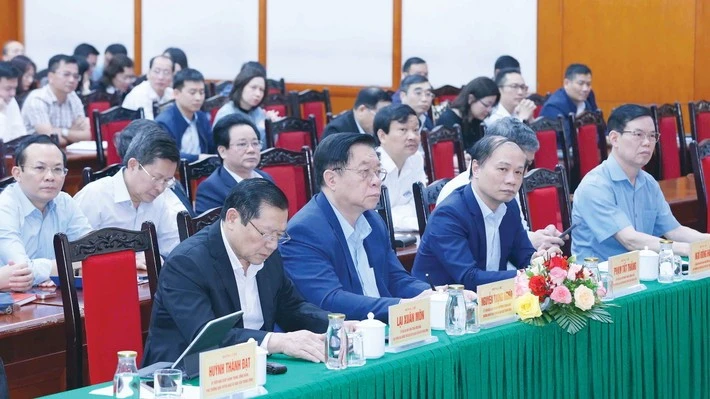








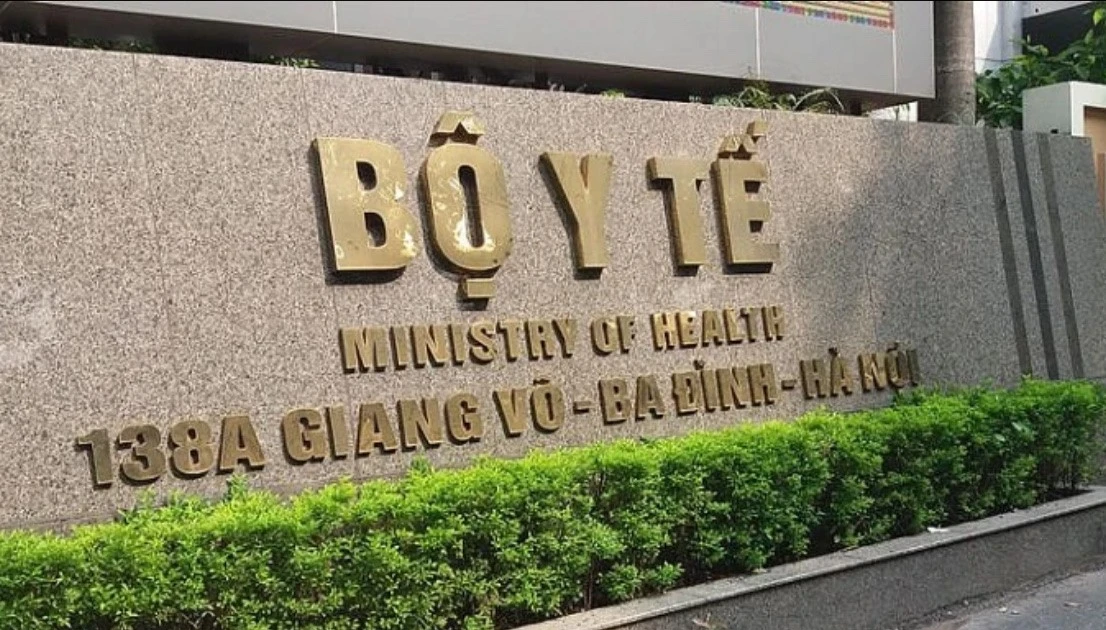
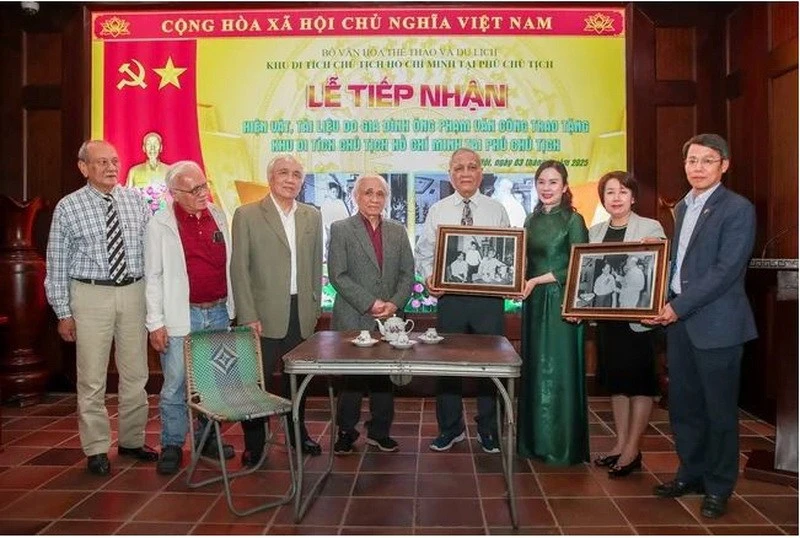

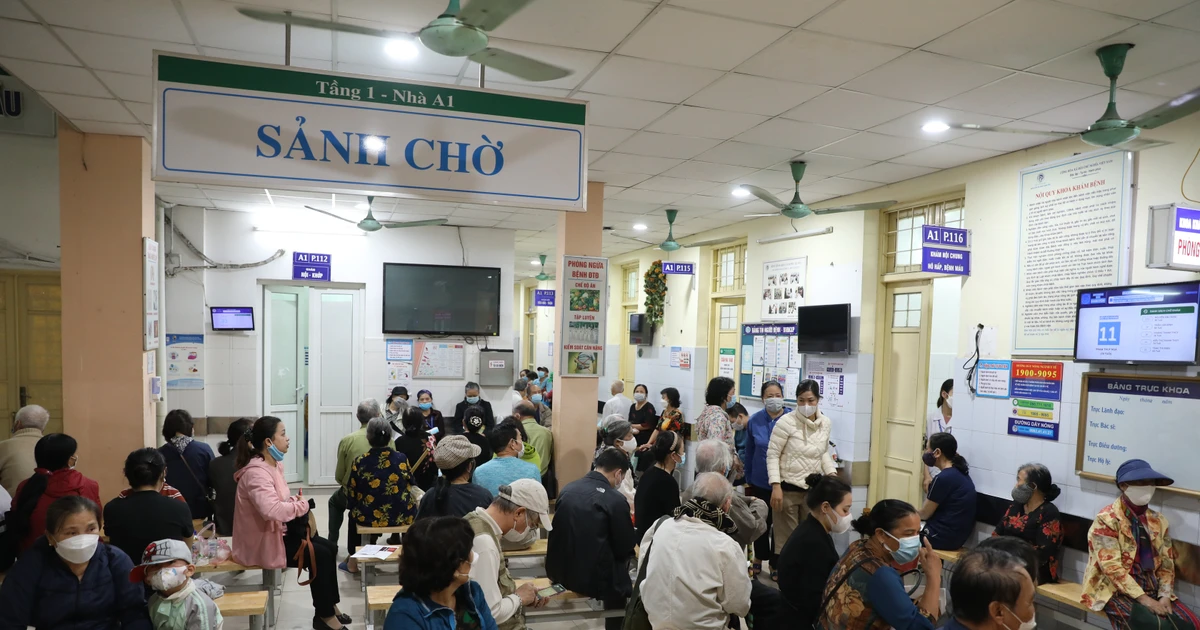














































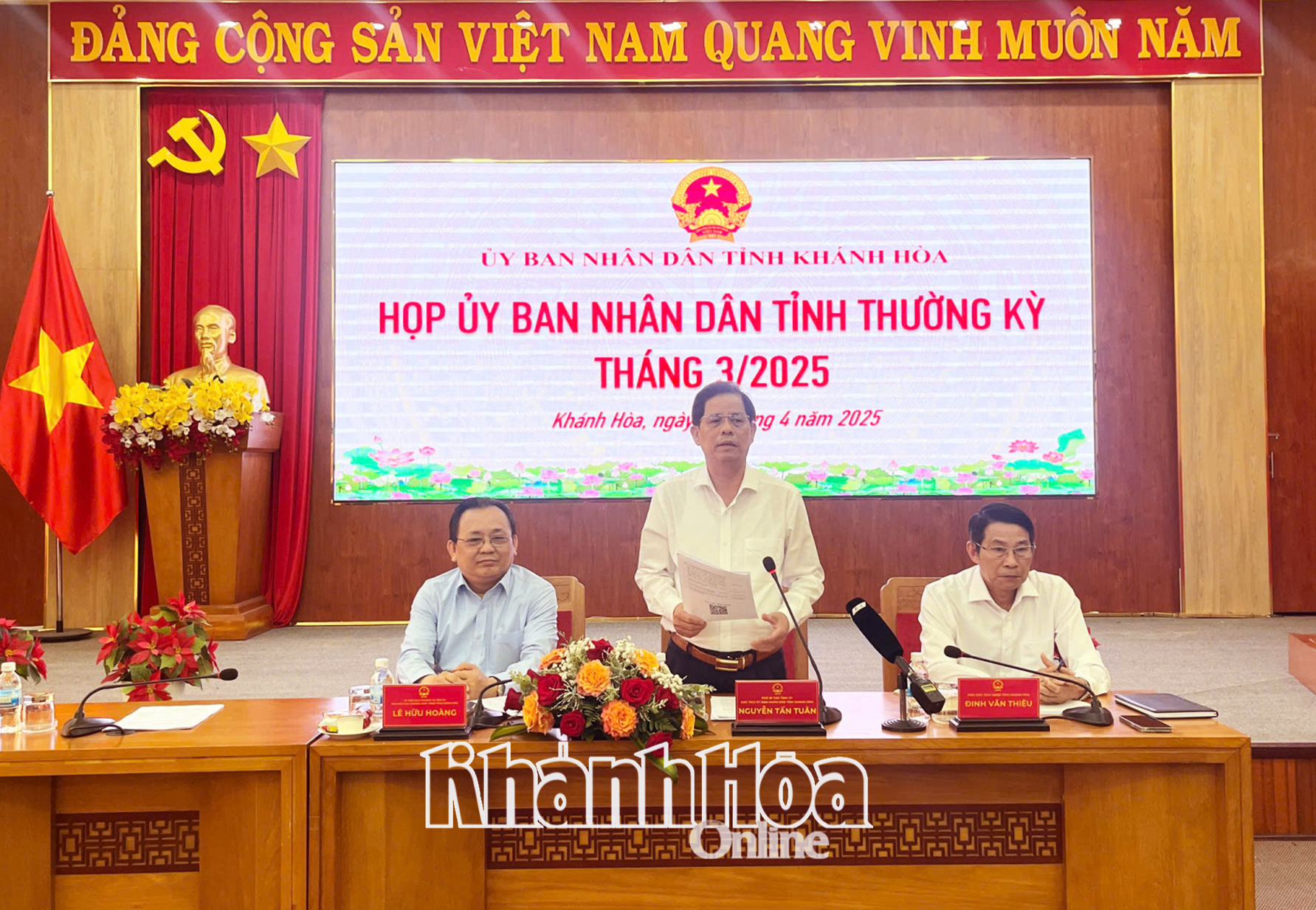

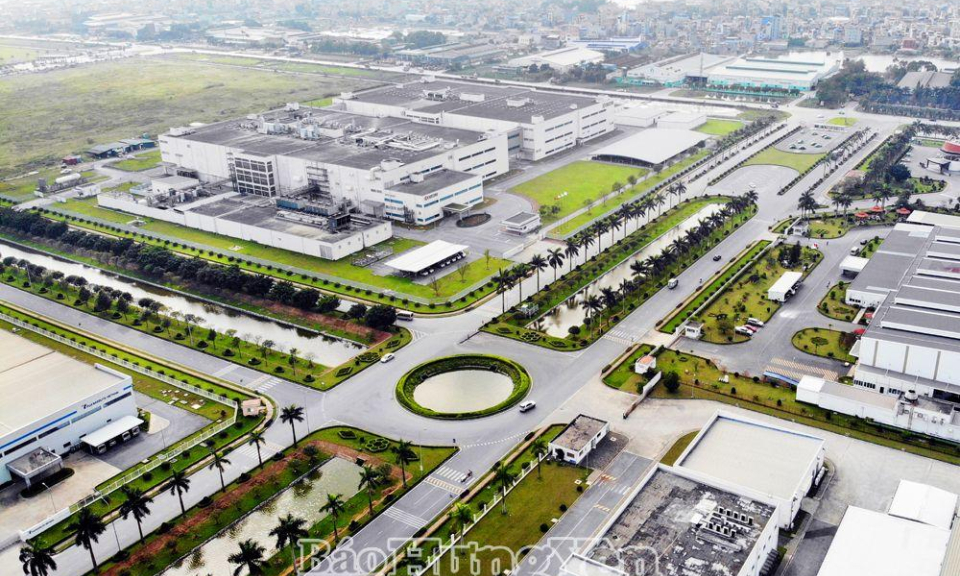













Comment (0)